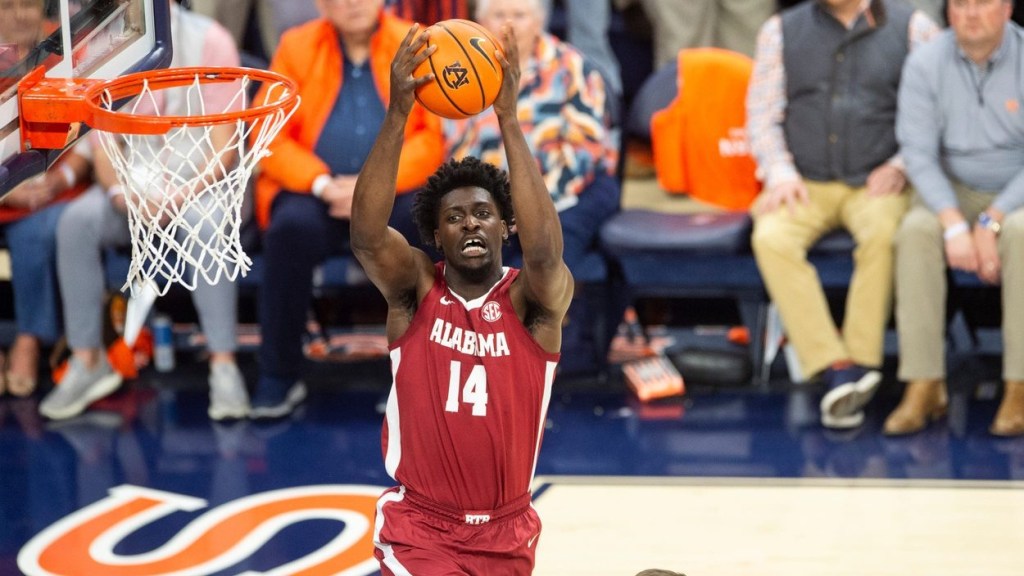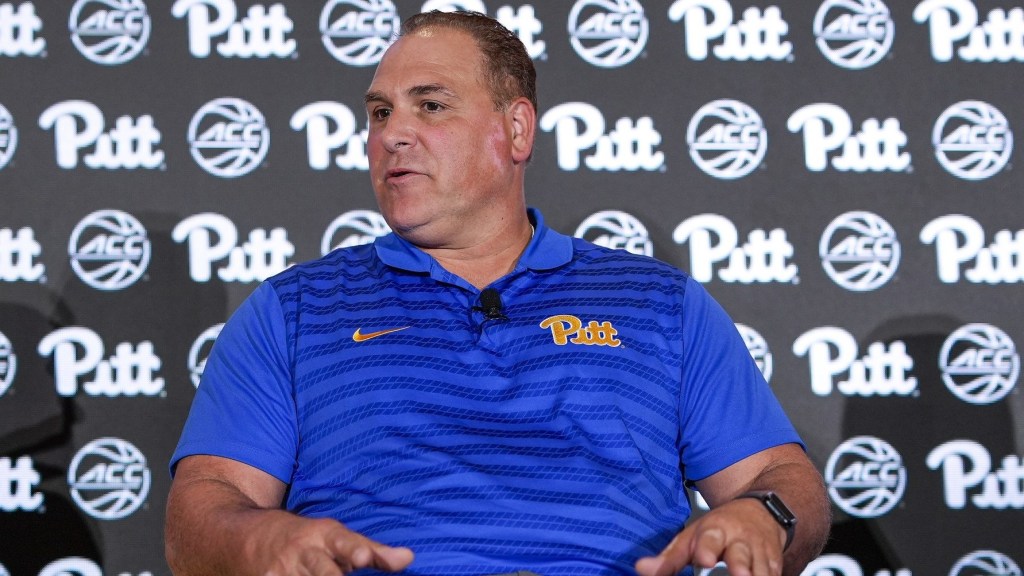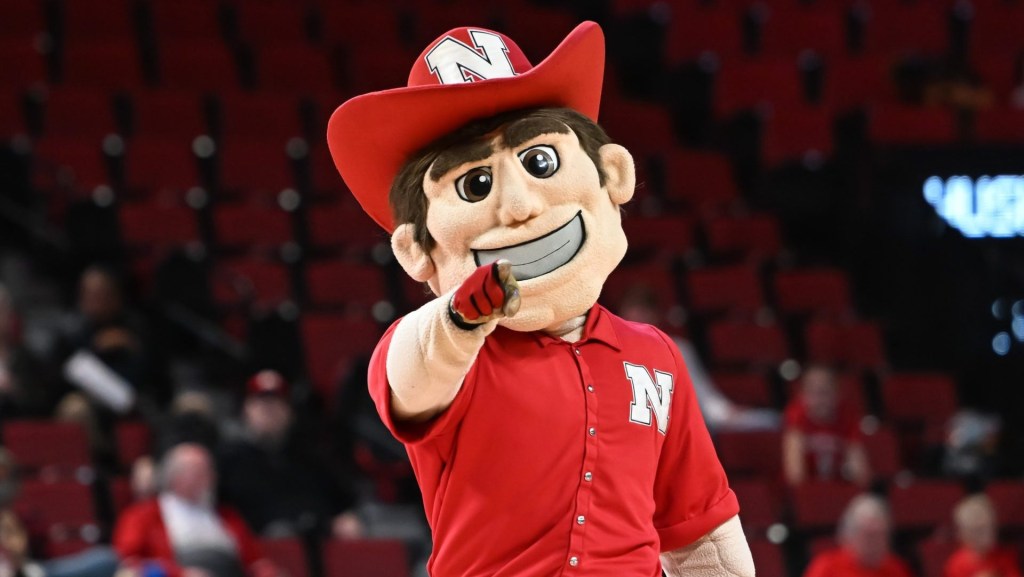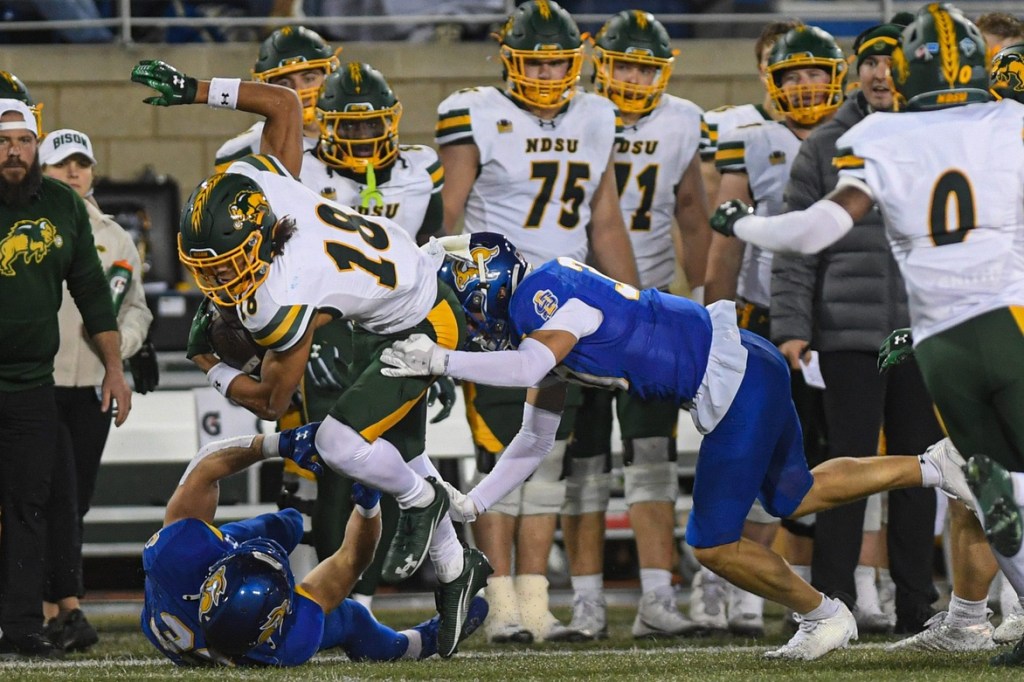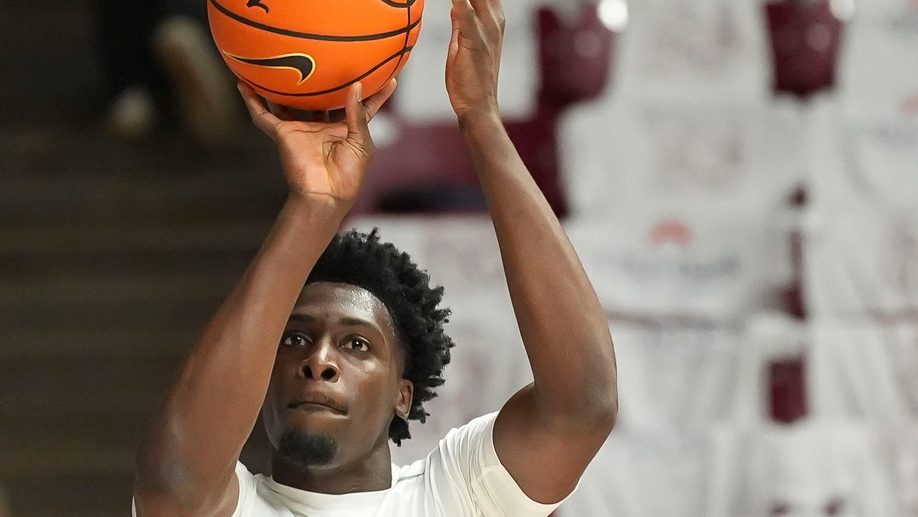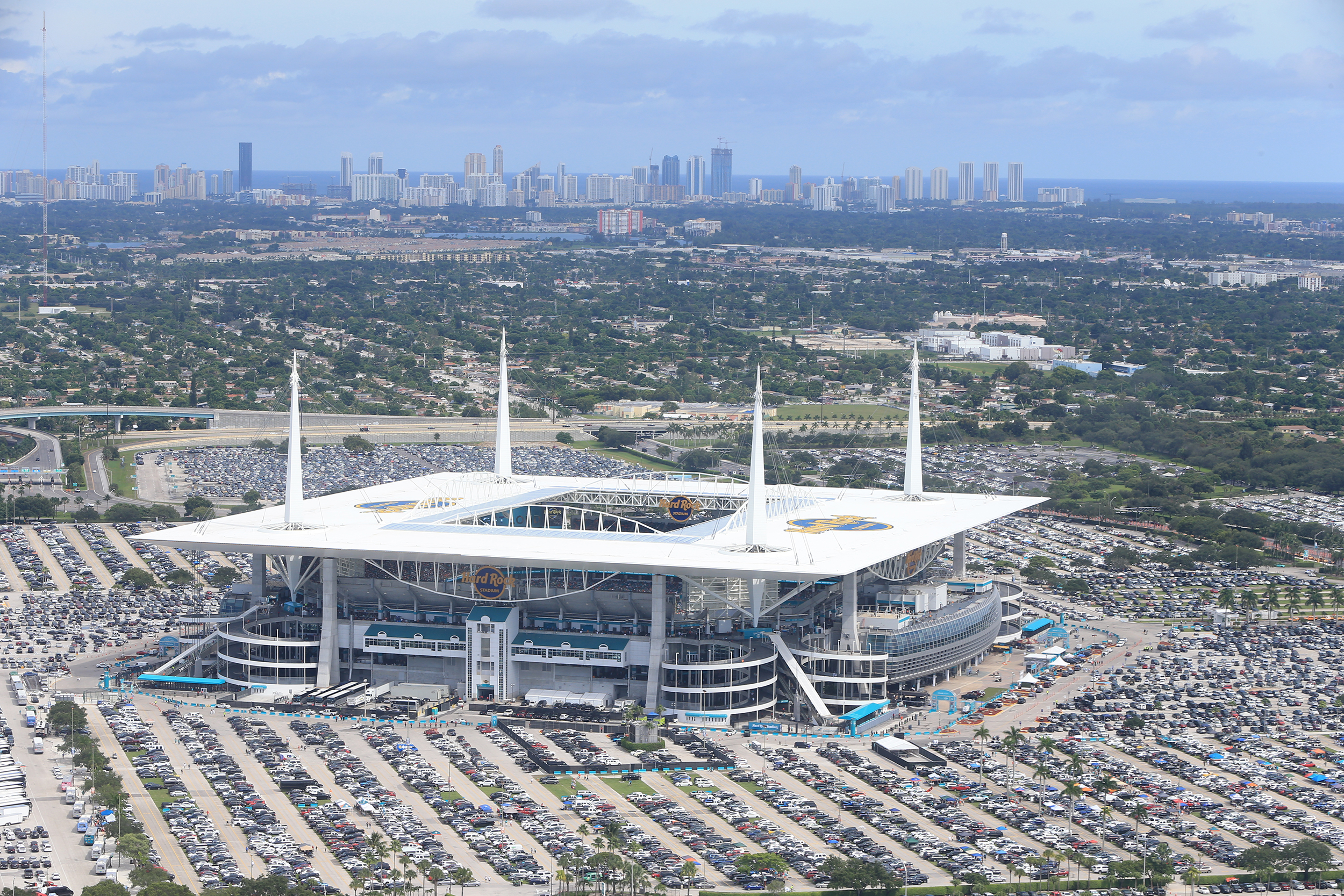
Miami-South Florida will host the 2021 College Football Playoff National Championship (Photo via the CFP)
Hosting the College Football Playoff National Championship takes a coordinated effort across host committees, cities, teams, and organizers, and although the festivities last just over a week, the preparation for the biggest game of the college football season begins years in advance. From Miami-South Florida and Indianapolis to Los Angeles and Houston, host committees for the 2021-2024 national championship games have put months, and sometimes years, into scoring the big game for their community.
How do they do it? What does the process look like? Come with us as we take a look inside what it is like to go from Request For Proposal (RFP) to being awarded a game, and what it means for the city.
The RFP Process
Arguably the most strenuous part of the process is the RFP. From collecting the correct amount of data, to being able to use that data to pitch a city as the best to host the game is a challenging endeavor.
“For a mega event like CFP, there is an extremely comprehensive request for information on just about every facet of the community, from venue information to accommodations to public safety and everything in between,” said Janis Schmees Burke, CEO of the Harris County – Houston Sports Authority. “The challenge comes, not from collecting and articulating that information into a proposal, but rather doing it a way that truly tells the unique story of the community you represent and then matching the region’s attributes to the specific needs of the event.”
Not only does the process require immense amounts of data and sometimes even years of planning, but rallying the support of the city is paramount for the bid to have any chance of success during the RFP process.
“We also try to find ways to connect our community in a tangible way and leave a lasting legacy as a benefit of hosting,” said Burke. “We work years in advance on some bids, while other ones are a quick turnaround.”
Luckily for many of the communities, having previous experiences with big games can pay dividends during the RFP process. Miami-South Florida, the host of the 2021 game, has a long history of hosting Super Bowls, New Year’s Six bowl games, and national championships, something the host committee says played a part in being able to earn the opportunity to host another game.
“With the experience of participating in previous CFPNCG bid efforts, we patiently awaited the next opportunity to submit the bid for this cycle,” said Michael Chavies, Chairman of the 2021 College Football Playoff National Championship Game Bid Committee. “Although we had a shorter period of time (approximately six weeks) to put our response together, our proactive preparation and organization were crucial to our ability to finally succeed.”
During the process, getting feedback from the College Football Playoff is key to the overall success of a bid and the timely nature of a submission. Led by Kathryn Schloessman, President of the Los Angeles Sports & Entertainment Commission, for the team out of LA, it was this kind of feedback that they believe allowed them to submit the best bid possible.

Los Angeles will host the 2023 CFP National Championship (Image via the CFP)
“What was good about this process is that we were getting feedback on what we were doing, what we needed to do, what we needed to change, so we weren’t guessing on what they were looking for, we were getting specific feedback into what they wanted so we could change our bid.”
As tedious as the RFP process can be on host committees, the ability to bring a marquee event to their city is well worth the time. For the selected communities, the work is just beginning.
Being Awarded the Game and Planning for the Future
With the RFP in the past, and host cities now beginning to gear up for games that are only a few years away, the extra lead time can provide major dividends for the committees and their constituents.
“Having five years to prepare is a wonderful advantage, as it will allow us to have discussions with the CFP to determine if there are adjustments or additions they would like to make for the event,” said Susan Baughman, Senior VP of Strategy & Operations at the Indiana Sports Corp. “We believe it also gives us the opportunity to work with the CFP to develop programs with deep ties to the community.”

Indianapolis will host the 2022 CFP National Championship (Photo via the CFP)
Beyond pure logistics, much of the preparation goes into educating communities about the event and what it means for the city, as well as making sure that the city’s constituents are provided with benefits beyond just having the eyes of a country on you.
“Our biggest goal is to educate the marketplace so everybody knows what the College Football Playoff National Championship is, given that it’s only in its fourth year,” said Schloessman.
It is this education that provides the foundation for making sure the best event possible is thrown.
“It is very important. Getting the legs of support and getting support behind how this is good for the city and the financials behind it is key and the lead-time helps,” added Schloessman. “You don’t want to have too much lead time, but for us to get all our ducks in order by 2023 to make sure we are in the best position financially to throw the best CFP event yet is critical.”
Having three to six years of lead time allows the selected cities the ability to continue to build community interest, education, and make the right adjustments so come January of their chosen year, the game can go off without a hitch.
Importance of Local Relationships
While having a compelling storyline and sales pitch for your city is great, as these host committees know, their bids wouldn’t have been selected without the backing of key constituents in each of their cities.
“We were lucky in the fact that we had done all the groundwork when it came to looking at all these ancillary venues and evaluating where the best places to put things would be,” added Schloessman when talking about why the bid process for LA went smoothly. “We had already made our inroads with all the particular people we needed to get in touch with.”
For Miami, a city built on big events, entertainment, and tourism, the backing, while expected given their track record, is still the most important part of the bid.
“When preparing a bid response for College Football Playoff National Championship, relationships with local officials and constituents are tremendously important and absolutely key to a successful result,” added Chavies. “In a monumental effort such as this, everyone has to be fully dedicated and on the same page in order to succeed.”
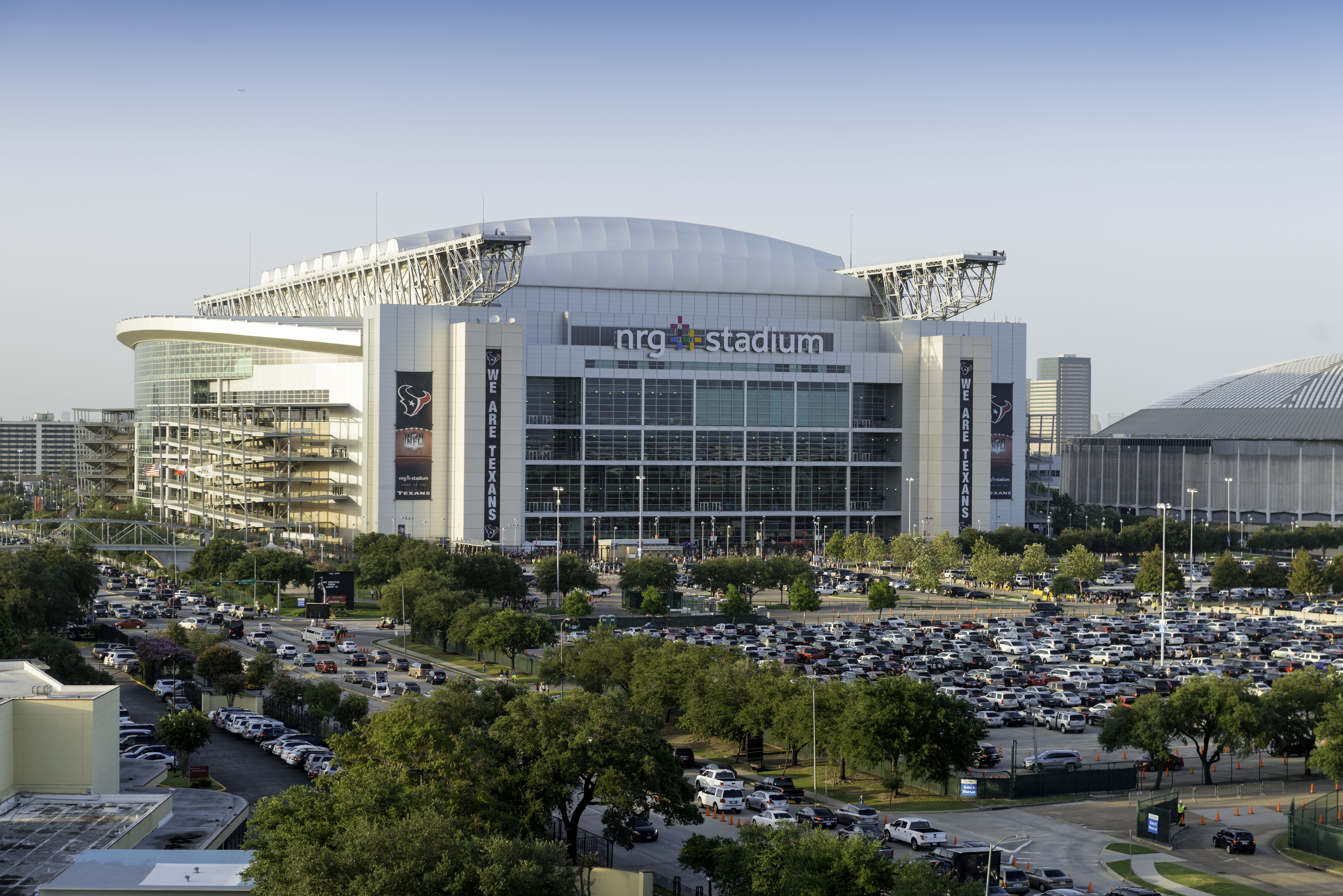
Houston will host the 2024 CFP National Championship (Photo via the CFP)
Even though getting the backing of key stakeholders is key, for cities like Houston, the support of the community and the residents living there is just as important.
“So much of the success that Houston has experienced in hosting sporting events is a true testament to the comprehensive support that our community provides,” said Burke. “It includes every resident of the Greater Houston Area which flows down from the immense level of support that our elected officials have provided over the years, as well as the local citizens that volunteer and show up in a big way.”
From volunteers all the way up to elected officials, events like the College Football Playoff National Championship wouldn’t go on without an immense amount of backing, and it is this support that can make or break a city’s bid for a marquee event or game.
What Being Awarded the Game Means for the Cities
When it all comes down to it, being awarded an event like the College Football Playoff National Championship comes with great responsibility, but also the opportunity to showcase your city and the best it has to offer to the thousands of people who make the journey and the millions watching on TV.
“The College Football Playoff National Championship will have a significant positive impact to residents and businesses while putting Indianapolis on a national stage as a great place to live, work and visit,” said Baughman. “National events like the CFP provide unique experiences through volunteer opportunities or once-in-a-lifetime experiences as a fan in your hometown, as well as building great civic pride as we entertain a nation of college football fans.”
Outside of the opportunity to showcase the city on a national scale, the economic impact for an event like the College Football Playoff National Championship extends far beyond just game day.
“An event of this magnitude and prestige provides our community with not only a great sense of civic pride, but also a tremendous economic boon to the area,” added Chavies. “Tourism is vital to our economy, and this provides an incredible opportunity to showcase our region and attract visitors from all over the country and provide them with every reason to return.”
Hosting the game also allows football-crazed areas like Houston to be the pinnacle of the season, something that community leaders believe is one of the greatest benefits.
“Houston is football crazy, whether it’s our professional team or the multiple universities in town, we live and breathe football,” explained Burke. “Having an entire college football season culminate in its pinnacle event right here in our own backyard is a powerful experience that our community has embraced with arms wide open.”
And for areas like LA that typically see a slowdown in traffic during the winter months, hosting the national championship game gives the city a chance to throw its collective weight at an event of this stature.
“It is a great opportunity for us to bring a massive audience to the area at a time of year that it is so slow because of the fact it is so close to the holiday season, so this is one of the windows of the year where we want events like this,” said Schloessman.
Although it only lasts close to 4 hours, preparation for the College Football Playoff National Championship begins months, if not years, in advance to accommodate the thousands of fans and hundreds of media members that descend upon the cities of choice.
It is this preparation, along with the coordinated support of the CFP, its partners, and the community partners of the event that have allowed the game to grow in stature and prestige.
So to Miami-South Florida, Houston, Indy, and LA, the floor is yours. Let’s see what you got.











